Wolfe Laboratory
Our Research
The Wolfe Laboratory works on transferring disease-correcting genes into the central nervous system (CNS) in animal models of human genetic diseases. In these diseases, the CNS is often not rescued by the therapies that help the rest of the body. The lab studies both ex vivo gene transfer into neural stem cells that are then transplanted and in vivo transfer using vectors injected directly into the brain.
Wolfe Laboratory studies involve comparisons of both the vectors used to introduce the genes into cells and the properties of the genes themselves. Additionally, we examine the ability of different cell types and subregions of the brain to be corrected. We also pursue new methods to follow the corrected cells and the expression of the correcting gene in the live animal using MRI and PET techniques. For a complete understanding of the therapy, we also are working on achieving a better understanding of the mechanism of these diseases in the brain.
Projects
Wolfe Laboratory projects involve:
- The molecular design and engineering of vectors
- The understanding of the fate of vector-transferred genes in the brain
- The regulation of gene expression from vectors
- The biology of neural stem cells
- The study of induced pluripotent stem cells (iPS)
- The use of imaging studies in genetic disease and gene therapy, and the proteomic and genomics analysis of the neurodegenerative brain.
For students, projects can be tailored to interests, learning goals, and experience.
Publications
Systemic immunosuppression promotes survival and integration of subretinally-implanted human ESC-derived photoreceptor precursors in dogs. Ripolles-Garcia, A., Dolgova, N., Phillips, M.J., Savina, S., Ludwig, A.L., Stuedemann, S.A., Nlebedum, U., Wolfe, J.H., Garden, O., Gamm, D.M., Aguirre, G.D., Beltran, W.A. Stem Cell Reports 17: 1824-1841, 2022.
Transduction characteristics of alternative adeno-associated virus serotypes in the cat brain by intracisternal delivery. Hunter JE, Molony CM, Bagel JH, O’Donnell PA, Kaler SG, Wolfe JH Mol. Ther. Meth. & Clin. Devel. 26: 384-393, 2022.
Islet1 precursors contribute to mature interneuron subtypes in mouse neocortex. Siddiqi, F., Trakimas, A.L., Joseph, D.J., Lippincott, M.L., Marsh, E.D., Wolfe, J.H. Cereb Cortex 31: 5206-5224, 2021.
Global central nervous system correction in large brain model of human alpha-mannosidosis by intravascular gene therapy. Yoon, S.Y., Hunter, J.E., Chawla, S., Clarke, D.L., Molony, C., O’Donnell, P., Bagel, J.H., Kumar, M., Poptani, H., Vite, C.H. and Wolfe, J.H. Brain 143: 2058-2072 , 2020.

Director, Wolfe Laboratory
John H. Wolfe, VMD, PhD
Professor, Pathology and Medical Genetics, School of Veterinary Medicine
Professor, Department of Pediatrics, School of Medicine
Find Us
University of Pennsylvania
School of Veterinary Medicine
Abramson Research Building
3615 Civic Center Blvd.
Philadelphia, PA 19104
Our Team
Jacqueline Hunter, PhD
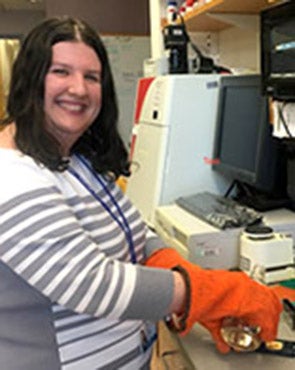
Margaret Lippincott
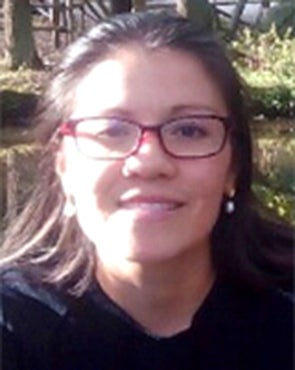
Lucia Mayela Gayosso Miranda, PhD
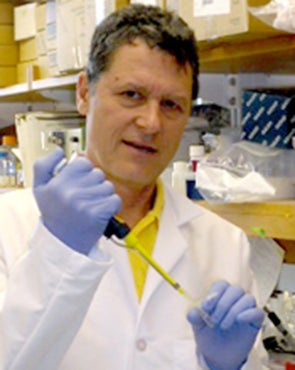
Michael Parente
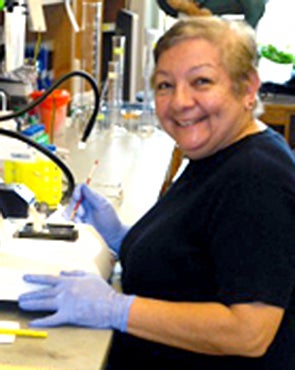
Ara Polesky
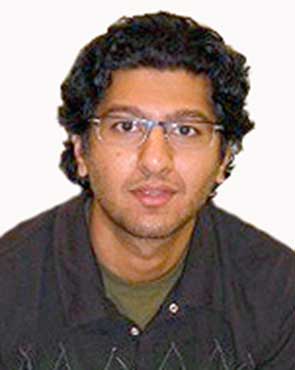
Faez Siddiqi, PhD
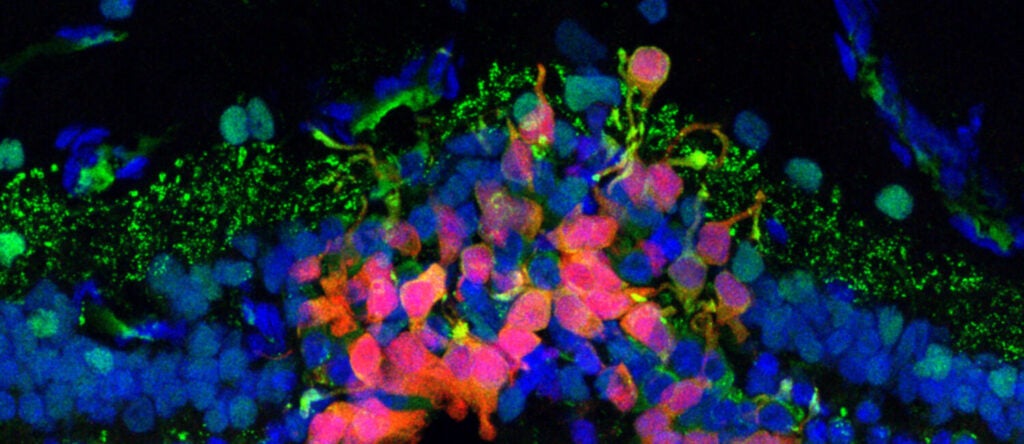
Progress toward a stem cell–based therapy for blindness (link is external)
A multi-institutional effort led by researchers at Penn Vet is taking steps to develop an effective technique to regenerate photoreceptors cells and restore sight in people with vision disorders.
